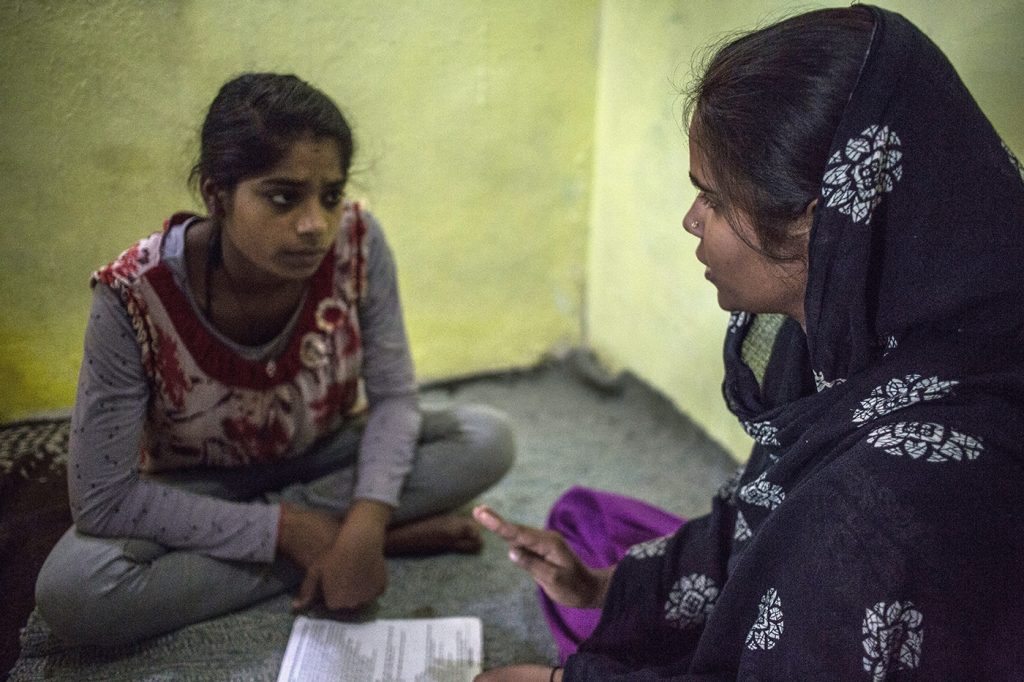With the UN’s Transforming Education Summit just days away, Daniel Baril, chair of the committee responsible for the final declaration of CONFINTEA VII, reflects on its important commitment to better financing of adult education and why Member States need to start delivering on it

At the closing session of the seventh UNESCO International Conference on Adult Education (CONFINTEA VII) in June, representatives of UNESCO Member States adopted by acclamation the Marrakech Framework for Action (MFA). Commitments expressed through the MFA will guide the international debate on adult education for the next 12 years and will be among the measures by which national policies will be evaluated. Implementing the MFA is now the task awaiting national governments.
Before its final adoption, the MFA had been submitted to an extensive consultative process. First, the CONFINTEA VII consultative committee made recommendations on a preliminary draft. Second, an online public consultation gave all stakeholders the opportunity to comment on a modified draft. Finally, before being tabled at the conference, Member States had the chance to comment on a final draft. This consultative process validates the MFA as the legitimate expression of an international consensus on priorities in adult learning and education (ALE).
I had the responsibility of chairing the drafting committee for the final declaration of CONFINTEA VII. We had, at the outset of the conference, a proposed draft that already manifested a strong consensus, having been twice validated by Member States. On that basis, it appeared to me that the principal task of our committee was to seize the will of the conference itself to give a political signature to a final action plan. Amendments made by Member States to the proposed MFA gave us the key to this moment to be seized.
In the proposed draft, submitted to national delegations at CONFINTEA VII, references to the financing of adult education were mainly limited to statements of the need for more funding. The conference strengthened this recognition by expressing a political commitment ‘to increasing public funding and resource mobilization for ALE and to preventing regression in existing budget allocations’. Agreeing that ALE should be funded ‘through the contribution of a wide diversity of stakeholders, various ministries, employers and other private actors, local governments and learners’, Member States underscored their determination ‘to increase public spending on adult education in accordance with country contexts’. This was a core contribution made by the conference itself to the proposed MFA, which already commanded wide consensus. CONFINTEA VII should, therefore, be viewed as a key strategic moment in the international debate on financing adult education.
From now on, in all UNESCO Member States, implementing the MFA should translate into increased overall national budget of ALE. Consequently, monitoring the financing of ALE becomes a priority, particularly since, in years to come, governments will face a constraining fiscal situation and inflationary pressure. Keeping ALE and the MFA’s commitment on financing at the forefront of the political debate will be both an urgent and a daunting task. In that regard, the proposal from the Kingdom of Morocco to create a post-CONFINTEA ministerial committee will be fundamental in keeping ALE high on the agenda.
Recognizing the transformative power of ALE is the overarching message of the MFA. Creating the conditions to make that power an effective strength for all is its programmatic message. In that spirit, it is significant that financing ALE has now become a keystone of international commitment to ALE. In a few days, the United Nation will convene a summit on the transformation of education. Financing of education is one of the five thematic action tracks for the summit. This major event is a historic opportunity to build on the momentum created by CONFINTEA VII’s call to recognize the transformative power of ALE and to commit the necessary funding to fully concretize it. Let us hope it is taken.
Daniel Baril is Chair of the Governing Board of the UNESCO Institute for Lifelong Learning and Director General of the Canadian Institute for Cooperation in Adult Education. He chaired the drafting committee of the Marrakech Framework for Action, the outcome document of CONFINTEA VII.
